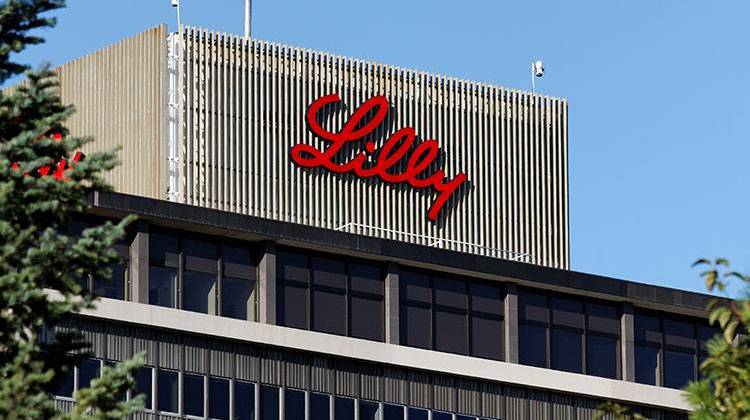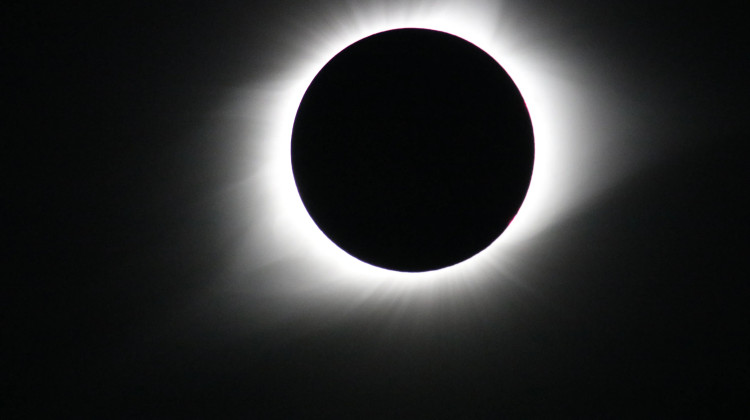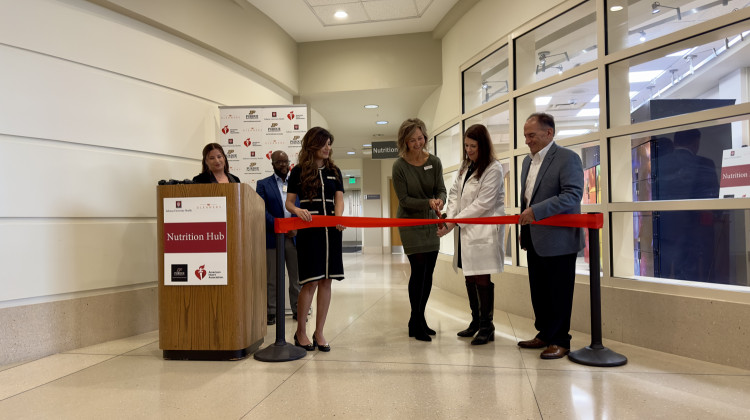
Indianapolis-based Eli Lilly is among a group of drug companies being criticized for increasing insulin prices.
stock photoTwo congressmen are calling on the federal Justice Department to investigate drug companies —including Indianapolis-based Eli Lilly — for possible price fixing of insulin products.
In a letter, Vermont Sen. Bernie Sanders and Maryland Rep. Elijah Cummings criticize three insulin manufacturers for skyrocketing insulin prices. The letter alleges the prices have been raised in tandem with each other, indicating potential collusion.
“Three drugmakers have continuously raised prices on this life-saving medication,” the letter reads. “In numerous instances, price increases have reportedly mirrored one another precisely.”
Representatives from Eli Lilly declined an interview, but in a statement roundly denied the claims of the letter. “We strongly disagree with the accusation,” the statement says. “The insulin market in the U.S. is highly competitive.” Lilly points out even though the list price for its insulin has risen, the net realized price hasn’t increased since 2009.
Pharmaco-economist and instructor of medicine at Brigham and Women’s Hospital Jing Luo, who researches the insulin market, is skeptical of Lilly’s claims. However, he says just because prices are similar doesn’t mean companies are collaborating.
“Do manufacturers know prices for their competitors? Yes,” says Luo. “So if they see their competitors’ price go up, they could theoretically increase their own price to match.”
Luo says the discrepancy between list and net realized price is partly because middlemen who broker prices between drug manufacturers and insurance companies frequently negotiate list prices down in the form of rebates.
“Even though list prices may be increasing, if discounts or rebates are increasing at the same rate, then list prices would theoretically be unchanged,” he says.
Even with those rebates, certain customers — namely, ones who have high deductible plans or who have lost their insurance altogether — still get pinched by a high list price. In the case of Lilly's Humilog, that’s close to $30 per milliliter.
Lilly’s statement added insurance reimbursement plans place an “unfair burden” on diabetics and the company has committed itself to exploring the issue.
 DONATE
DONATE






 View More Programs
View More Programs

 Support WFYI. We can't do it without you.
Support WFYI. We can't do it without you.